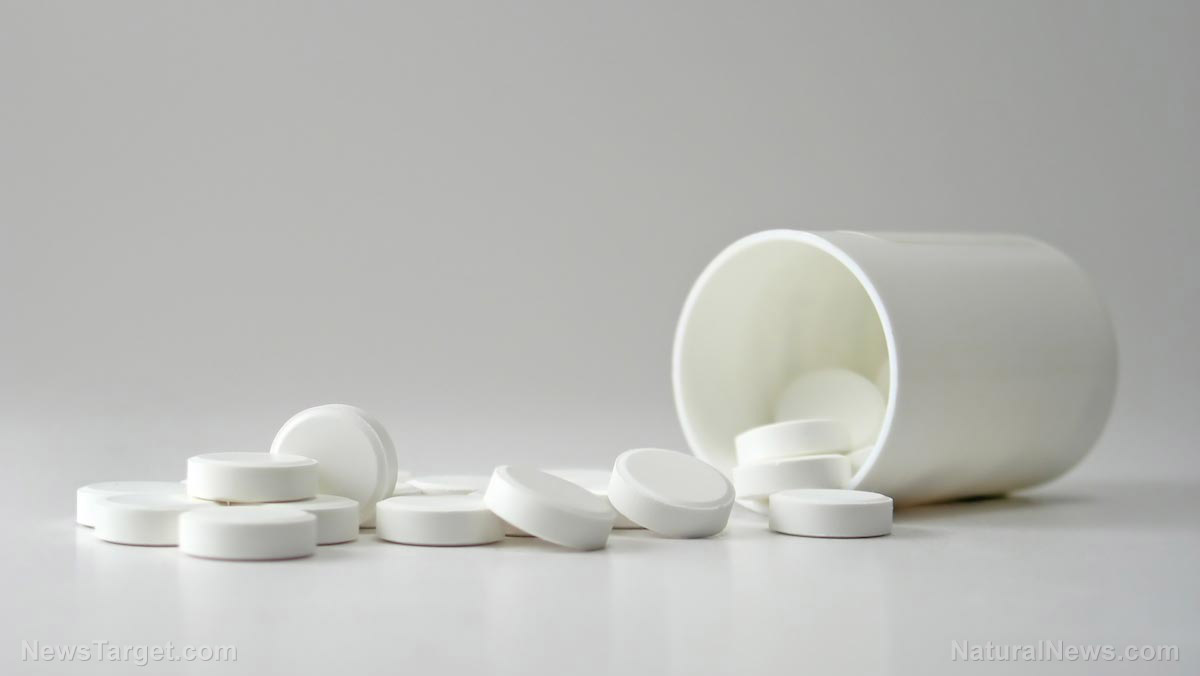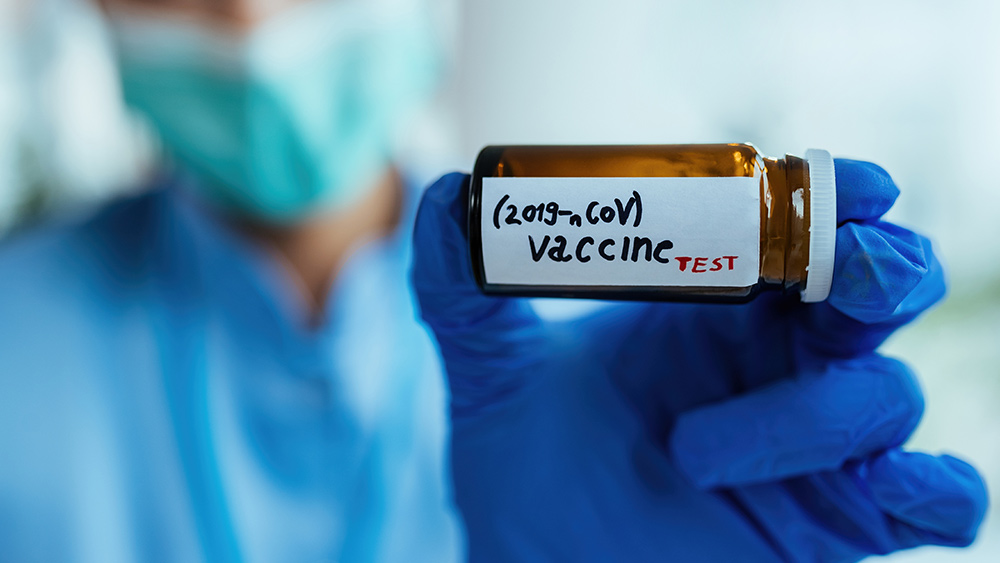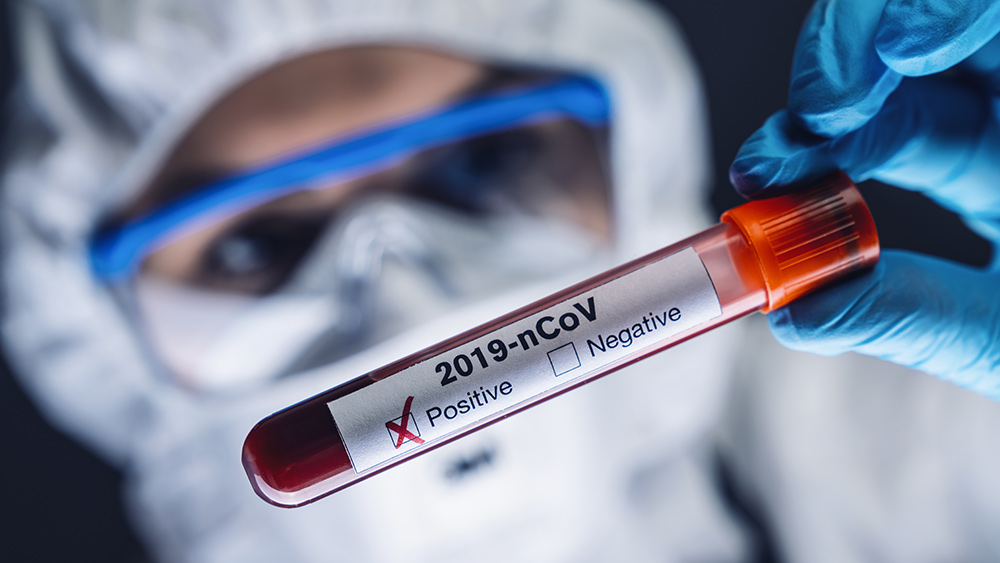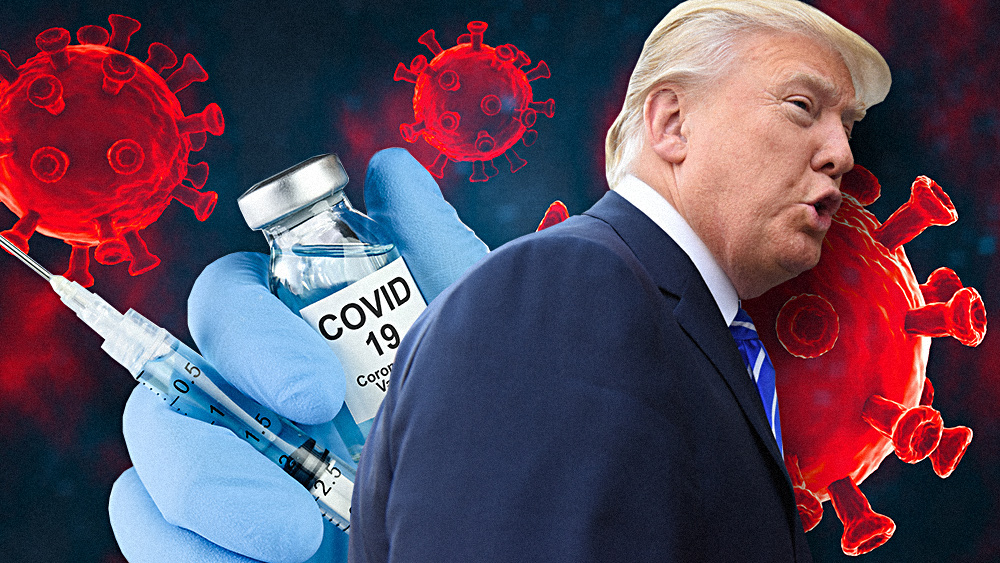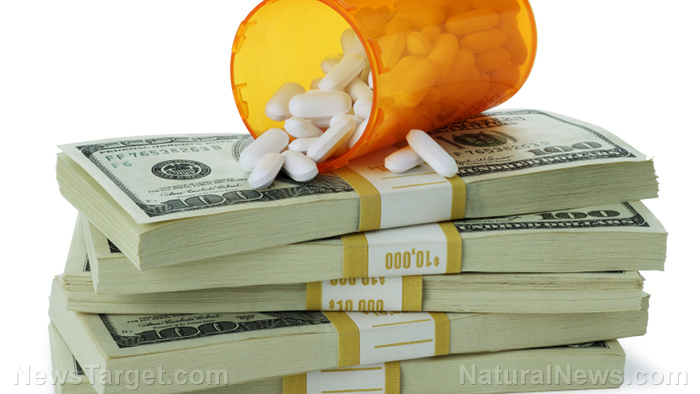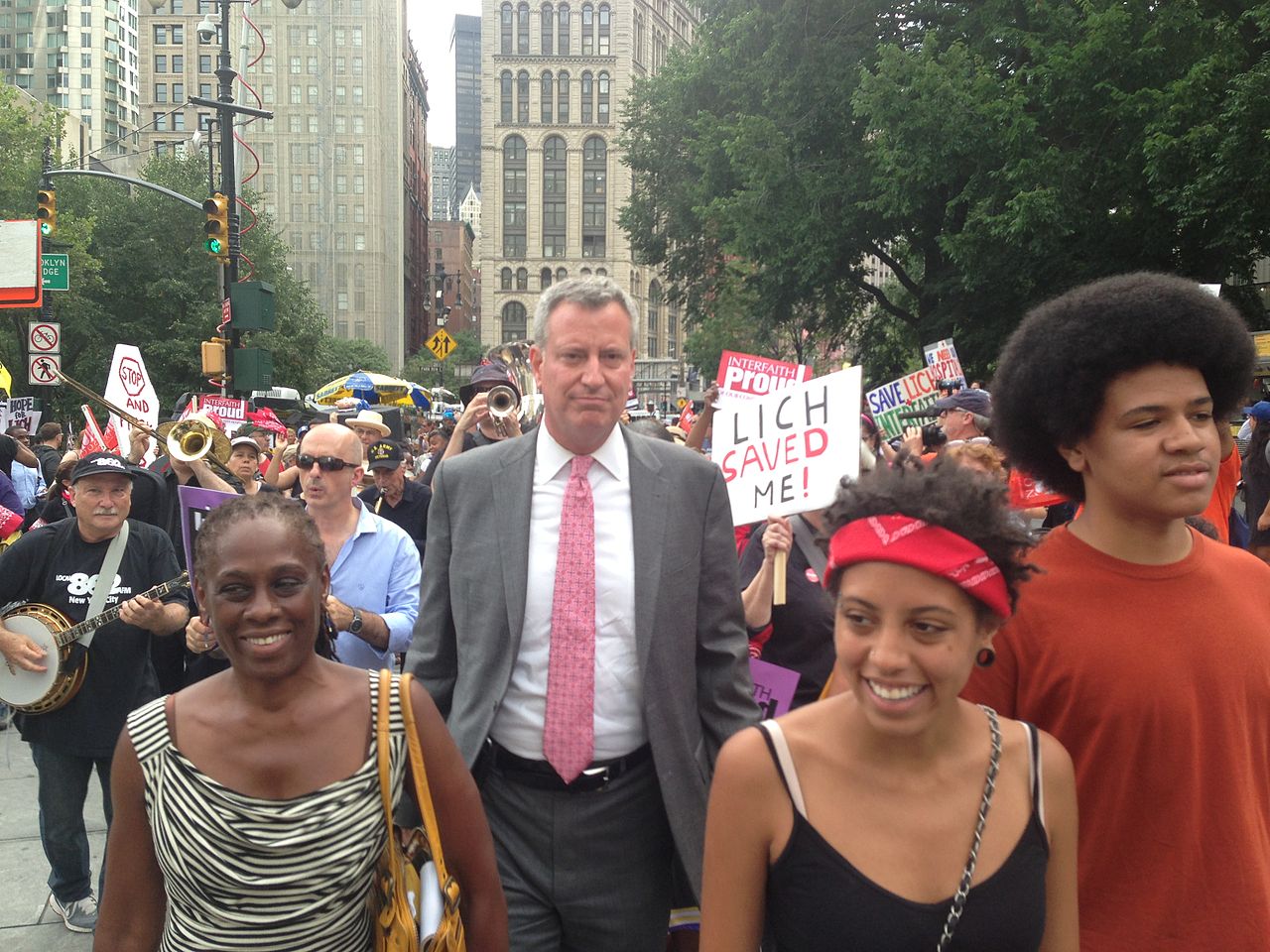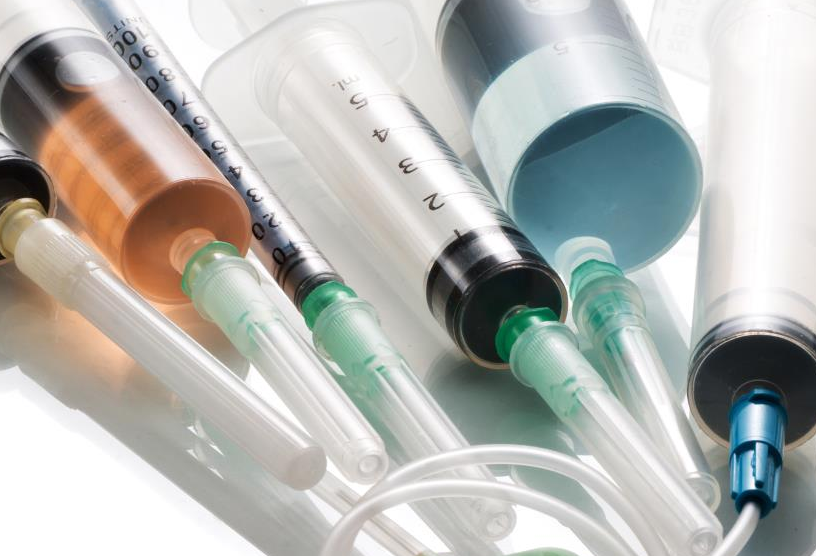Big Pharma donations to lawmakers continue to roll in despite pandemic (or perhaps because of it)
09/10/2020 / By Cassie B.
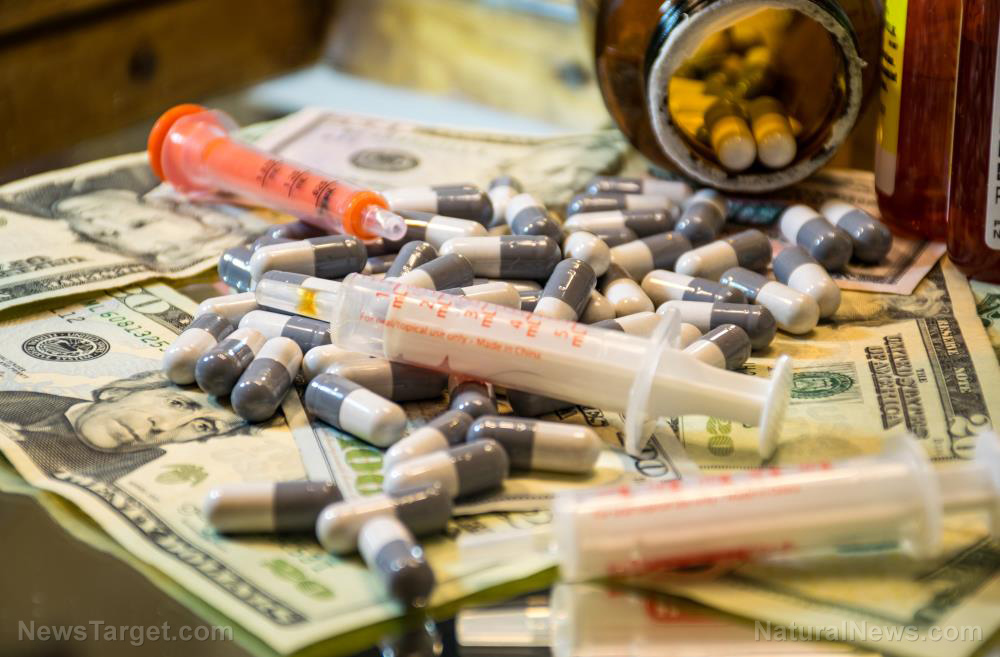
Pharmaceutical companies claim they are working around the clock to fight coronavirus, but that doesn’t mean their efforts to influence Washington have stalled. In fact, the world’s biggest pharmaceutical firms have showered 356 lawmakers with money ahead of the election this year, which means they’ve targeted more than two thirds of sitting members of Congress.
An analysis by STAT found that the campaign contributions have amounted to around $11 million, which has come in the form of 4,500 checks from political action committees (PACs) that are connected to the firms in question.
This type of political giving is par for the course in an election year, with Big Pharma making a big series of modest donations to Congressional incumbents while avoiding making big donations to the presidential candidates. Their goal is to gain favor via donations to the lawmakers tasked with regulating health care.
Political action committees are often set up by drug companies, who encourage high-level employees to make donations to them. The pharmaceutical companies are not legally permitted to give direct donations to candidates, so the PACs serve as their proxy pursuing their interests. Executives may donate hundreds of dollars a month to a PAC for their company; these donations are capped at $5,000 per year.
According to STAT, Pfizer has the most active PAC, sending out nearly 550 checks to lawmakers and other industry groups. Merck and Amgen aren’t far behind with 379 and 405 checks, respectively.
This outpouring of cash comes at a time when Congress has recently provided billions of dollars to the federal health care agencies that fund drug company research.
Another issue at play this year is the fact that should Biden defeat Trump and Democrats take control over the Senate, Congress may carry out unprecedented reforms to how Americans pay for their prescriptions, which could dramatically hurt revenues for the drug industry.
The executive director for advocacy group Patients for Affordable Drugs Now, Ben Wakana, said: “The breadth of these contributions shows drug corporations have no intention of doing anything to lower their prices — they are lavishing millions in campaign contributions to protect their power to dictate high prices for prescription drugs.”
Big Pharma makes donations across party lines
When it comes to individuals, Senator Mitch McConnell has received the most from the pharmaceutical industry. The Republican majority leader, who is seeking reelection this year, received money from 23 of the 25 drug companies and PACs STAT studied. McConnell has not made many overtures toward enacting drug pricing legislation. He recently ignored a major bipartisan proposal passed by the Senate Finance Committee, choosing not to put it forward for a vote.
The drug industry is favoring Republicans with its financial gifts, but not by a wide margin: 53.5 percent of the contributions that were given to specific lawmakers or party groups went to Republicans, while 46.6 percent were given to Democrats. This trend has been seen in 14 of the past 16 elections going back to 1990. And although the difference in giving between the two parties is not significant, a wider gap in giving can be seen at the leadership level. For example, drug industries have given House Minority Leader Kevin McCarthy (R-Calif.) $129,000, while House Speaker Nancy Pelosi (D-Calif.) has only received $11,000.
Although Big Pharma appears to believe that a Biden presidency would be a nightmare scenario, they continue to target politicians across parties in hopes of having allies no matter who is elected. They are also targeting officials who sit on important healthcare-related committees.
Senate Finance Committee Chairman Senator Chuck Grassley (R-Iowa) said in a statement to STAT: “Big Pharma has no political loyalty, and their strategy of gaining influence by supporting politicians on both sides of the aisle has earned them many friends in Washington.”
An observational study published in JAMA Internal Medicine found that Big Pharma spends an average of $233 million a year lobbying the U.S. federal government, $414 million in contributions to presidential and congressional campaigns, and $877 million to state candidates and committees. Their influence is tremendous, and that is how they get away with continuing to promote and sell dangerous and ineffective products.
Sources for this article include:
Tagged Under: Big Pharma, bribery, campaign contriutions, corporate profits, corruption, donations, drug companies, elections, Mitch McConnell, outbreak, pandemic, Pfizer, political influence, vaccine wars, vaccines
RECENT NEWS & ARTICLES
COPYRIGHT © 2017 MEDICAL EXTREMISM


